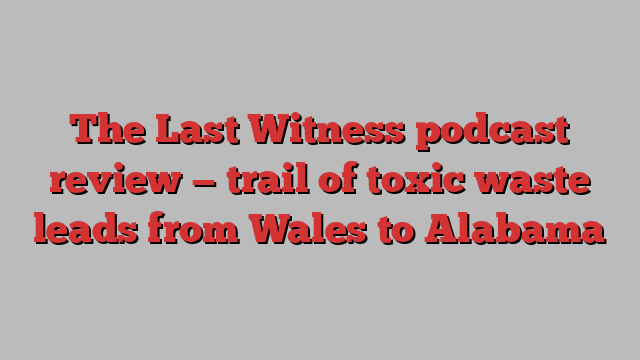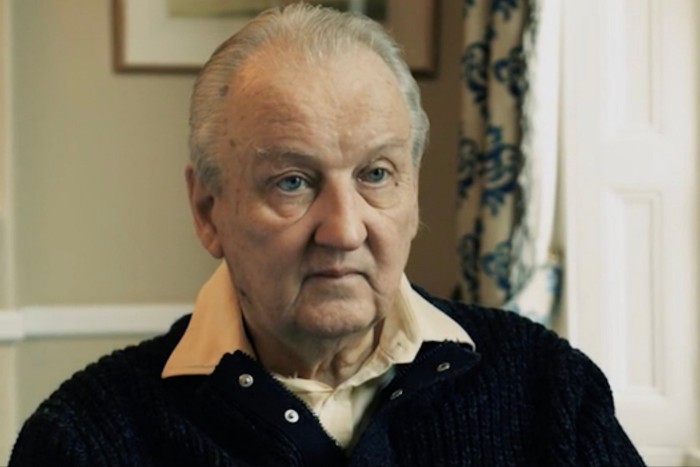
Stay informed with free updates
Simply sign up to the Arts myFT Digest — delivered directly to your inbox.
“I expect there to be a raft of chronic illness. I won’t be alive to see it. But will it happen? I’d bet on it.” These are the words of the late Douglas Gowan, an environmental campaigner and National Farmers Union consultant who tried to blow the whistle about chemical waste in south Wales that he believed was harming livestock and contaminating the food chain.
That waste was alleged to contain polychlorinated biphenyls, or PCBs, a fireproof chemical which, in the 1970s, was used in everything from paint to paper, before being banned owing to its toxicity. Fifty years ago, Gowan went public with his concerns about Brofiscin Quarry, a landfill site where he had collected samples for testing. He claimed he was threatened and assaulted after this, but it is not known by whom. He was also denounced in parliament and, at one stage, he went into witness protection. In 2017, Gowan made a series of recordings in which he told his story to the Welsh actor Michael Sheen.
In the shocking BBC podcast Buried: The Last Witness, environmental reporters Dan Ashby and Lucy Taylor team up with Sheen to delve into the history of PCBs — so-called “forever chemicals” owing to their inability to biodegrade — and investigate the claims made by Gowan, the “last witness” of the title. While Ashby and Taylor’s relentless fawning over Sheen made me want to shred my own ears — “So here we are pulling in at a film star’s house and he’s at the gate waving us in. I think I’m losing my sense of normal,” Ashby gasps — the three nonetheless make a strong team, with Sheen’s connection to the area, and to Gowan, providing some emotional heft.
And so to the real work. They visit a chemical expert who calmly notes that “death can arise” from too much exposure to PCBs and who looks at Gowan’s sample data with alarm. Ashby also travels to Anniston, Alabama, former site of a factory owned by the chemical company Monsanto. There, septuagenarian resident David Baker reports having seen squirrels with two heads and children poisoned after being baptised in a river polluted with PCBs, which have been linked to cancer and birth defects. (Baker’s brother died of a brain tumour aged 16.) In 2003, residents of Anniston reached a $700mn settlement with Monsanto and spin-off company Solutia over PCB contamination. The connection to Wales? Monsanto’s European factory was in Newport.

There is much here that will make you gasp, not just at the human and environmental impact of PCBs but at the brazenness of those responsible. Gowan was painted as a crank and conspiracy theorist in his lifetime, but here he is revealed as a man egregiously maligned. In his recordings with Sheen, he reveals how his campaign cost him his marriage, his friendships and, after repeated exposure to PCBs, his health. “I’ve got all sorts of problems,” he says wearily. He died the following year.
bbc.co.uk